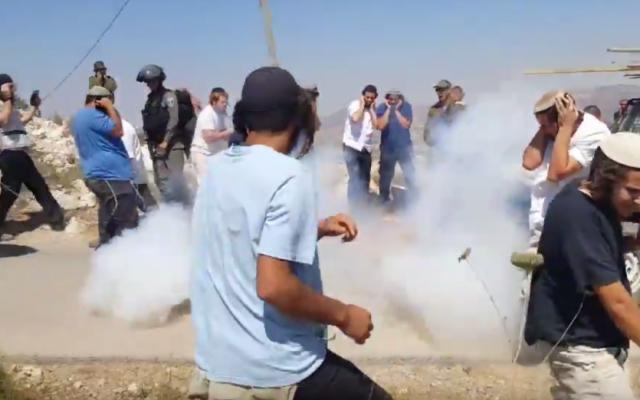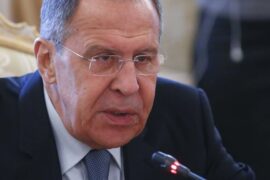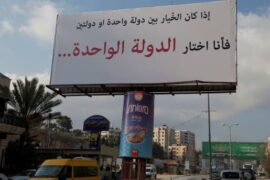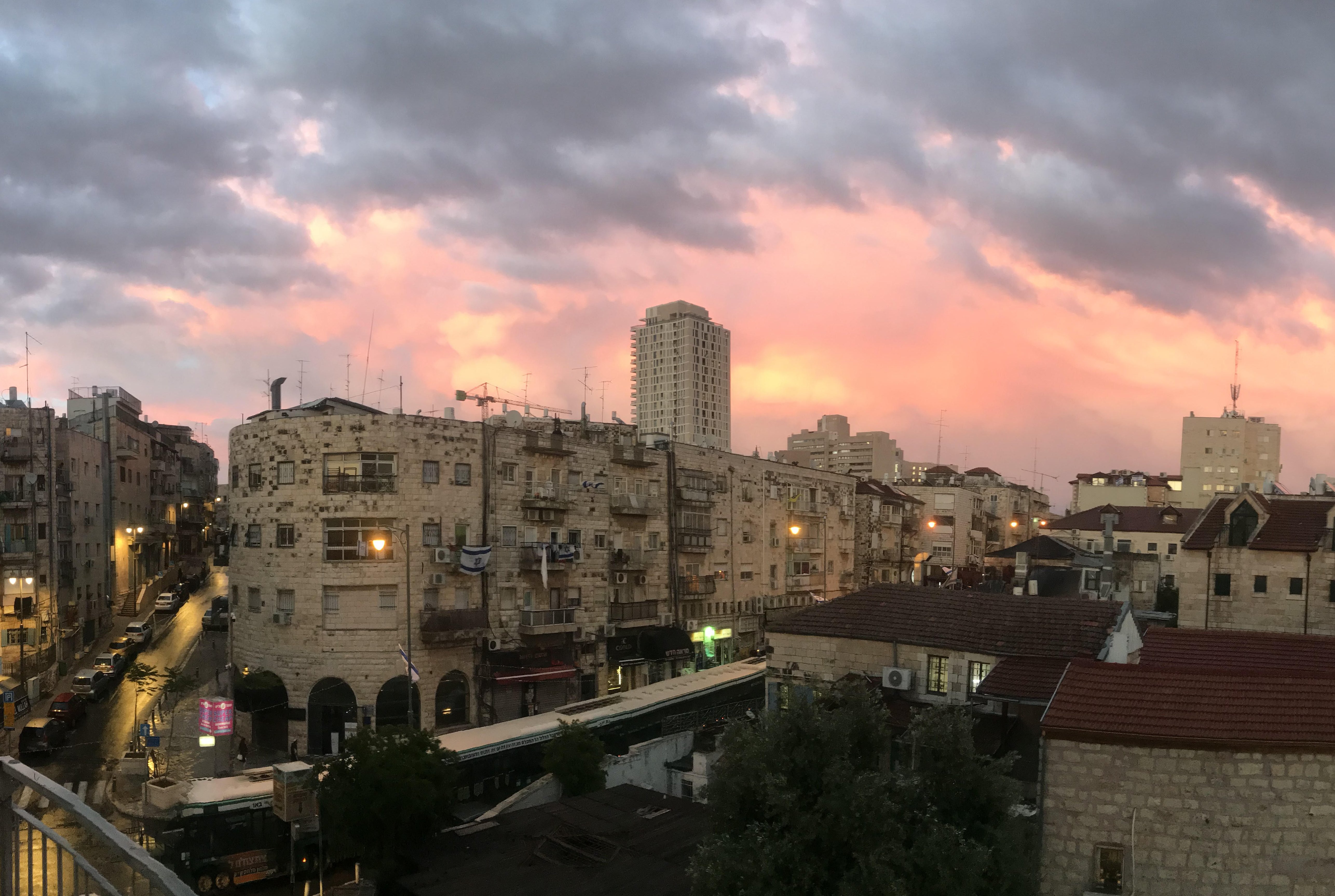Israeli security forces destroyed Jewish homes in the Qumi Ori village near Yitzhar on Thursday. Following the demolitions, the Civil Administration confiscated construction equipment belonging to local villagers in order to ensure the homes not be rebuilt.
Yitzhar leaders condemned the demolitions, which come at a time when the community has been struggling to restore calm after a week of violent clashes between local youth and security forces.
Community leaders criticized authorities and called the demolitions a “violent move that impedes the community’s efforts to restore peace.”
“The community expressed its staunch opposition to harming soldiers,” Yitzhar leaders said in a statement. “And precisely because of this, the decision to demolish buildings as an act of punishment is a destructive and illegitimate act. Such a step only fans the flames, instead of calming them.”
There have been several confrontations between Israeli forces and Jewish villagers from Yitzhar and surrounding mountains over the last week, beginning when security forces attempted to forcibly expel 21-year-old Neria Zarog from his home.
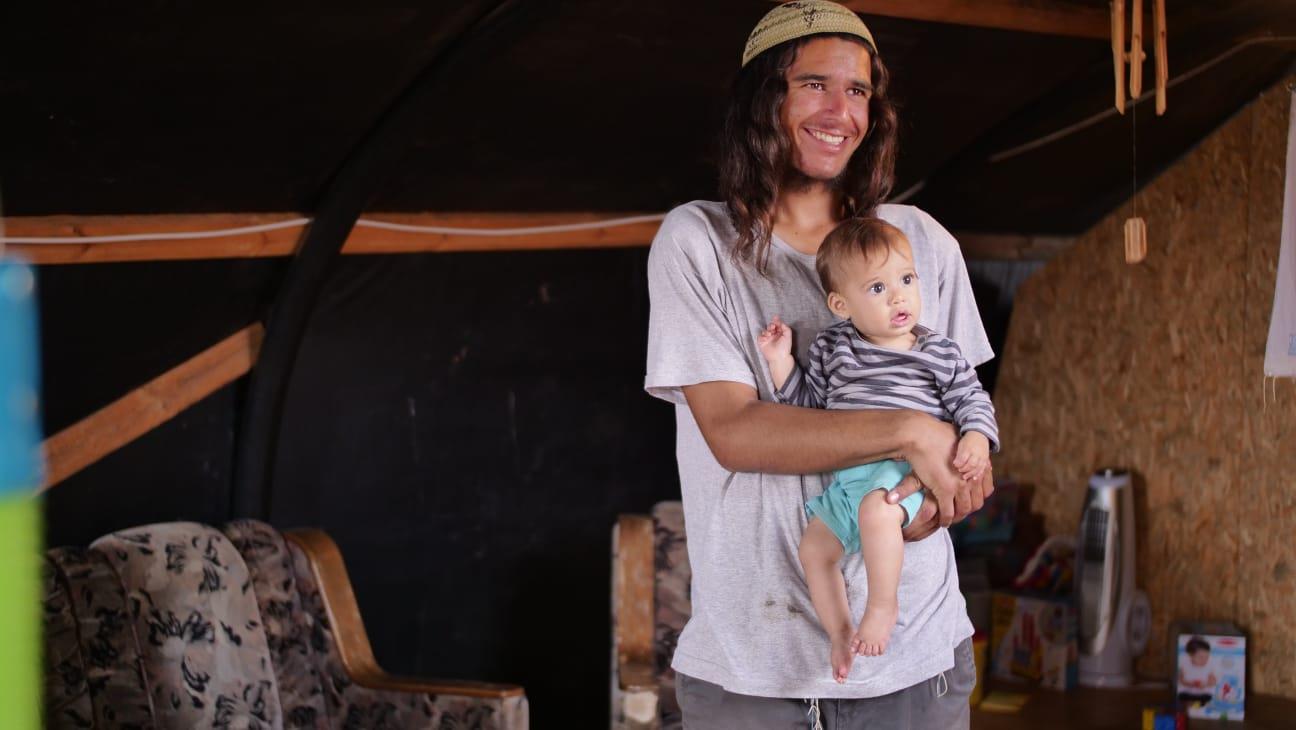
The soldiers presented an injunction procured through a secret administrative process that has no transparency and cannot be appealed.
Last Wednesday night, soldiers broke into the home of a minor in the village, beating him as they arrested him according to witnesses. An Israeli court ordered the minor’s release on Friday.
Following these incidents, the Yitzhar community decided to halt official communication with senior military commanders but continued to host and celebrate with soldiers during the Simḥat Torah festival.
On Friday morning, local teenagers – believed to be from Qumi Ori – attacked soldiers at the entrance to Yitzhar, lightly injuring a Golani unit commander. One suspect was arrested that night but later released.
On Sunday, a group of roughly 30 teens attacked soldiers near the north Samaria village, prompting Yitzhar leaders to issue a letter calling on the “hilltop youth” to leave the area.
On Monday night, clashes erupted between residents and a unit of border patrol soldiers, pitting rocks against stun grenades.
On Tuesday night, security forces declared Qumi Ori a closed military zone. Rumors circulated that the Civil Administration had issued demolition orders for some of the homes.
“The intention to destroy houses is collective punishment, improper and disproportionate,” said the Yitzhar community spokesperson.
“We call to refrain from a draconian move like this that stirs things up instead of calming them down and we call on Prime Minister [Binyamin] Netanyahu to be the responsible adult and restore the routine quiet to Yitzhar.”
Yitzhar leaders have demonstrated impressive responsibility in recent days, working to deescalate tensions and restore calm, while politicians and military commanders have attempted to use the state power at their disposal to teach a pack of unruly teenagers to obey their authority.
Israeli officials have long claimed house demolitions to serve as a deterrent to violence from both Jewish and Palestinian natives of the West Bank. Human rights groups have meanwhile criticized the policy as a form of collective punishment, especially when it comes to Palestinian homes.
But even beyond the problem of collective punishment, house demolitions – whether directed against Jews or Palestinians – are not only inhumane but also counterproductive as such policies draw the State of Israel deeper into the oppressor role Jews desperately need to break free from.
Rather than employing state violence to show a few dozen kids who’s boss, security forces should understand that in conflicts between themselves and a bunch of teenage mountain Jews, the power dynamics overwhelmingly favor the state and place the bulk of responsibility for deescalating tensions on the authorities.
Rather than focusing on “order” or the “rule of law” as so many Israeli political figures have done in their statements against Yitzhar and the “hilltop youth” subculture over the last week, our elected officials should concern themselves with ensuring justice throughout the land for the peoples living under their control.
The so-called “hilltop youth” are largely comprised of kids who grew up on the front lines of an ethnic conflict and have been radicalized through experiences of police brutality and politically-motivated house demolitions. They are constantly demonized by the media and taught that they could never expect fair treatment within the existing power structures of the state.
In fact, these young Jewish radicals express almost the same criticisms for the State of Israel as their Palestinian activist counterparts, making them the young Israelis ironically best suited to lead reconciliation efforts with Palestinians. The major challenge will of course be figuring out how to push these radical Jews into the peacemaker role.

